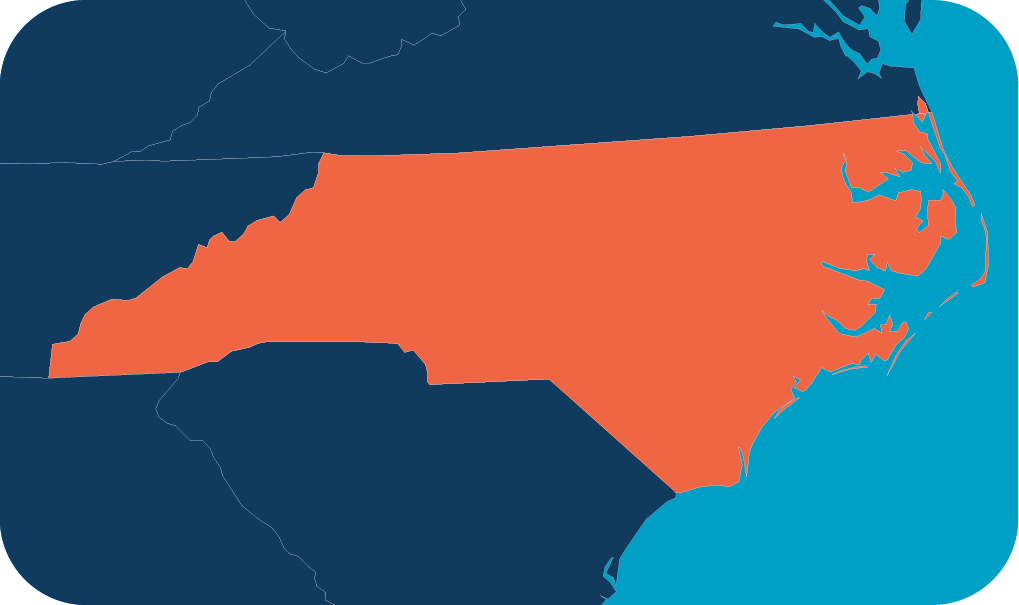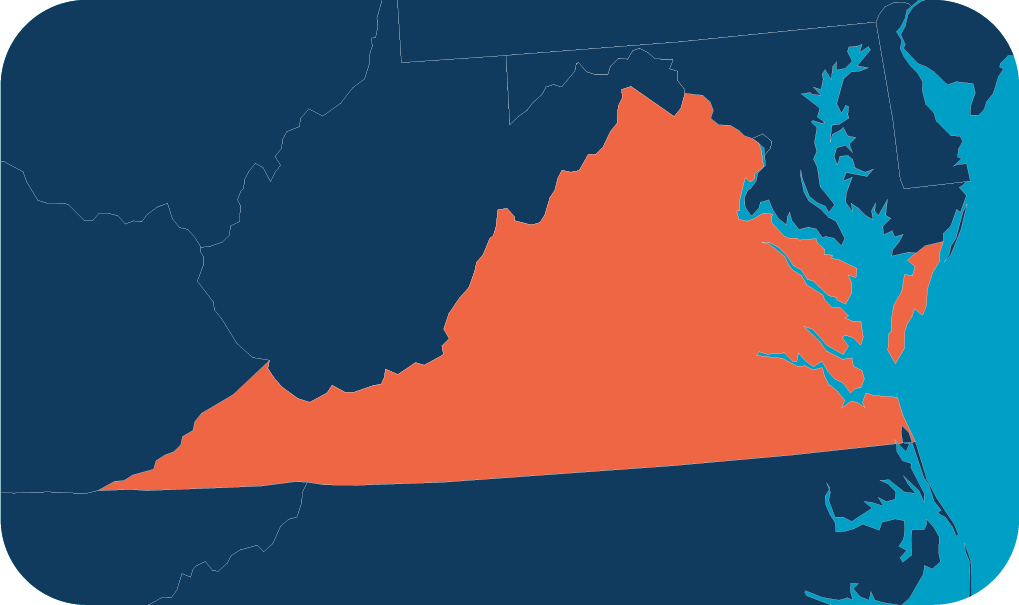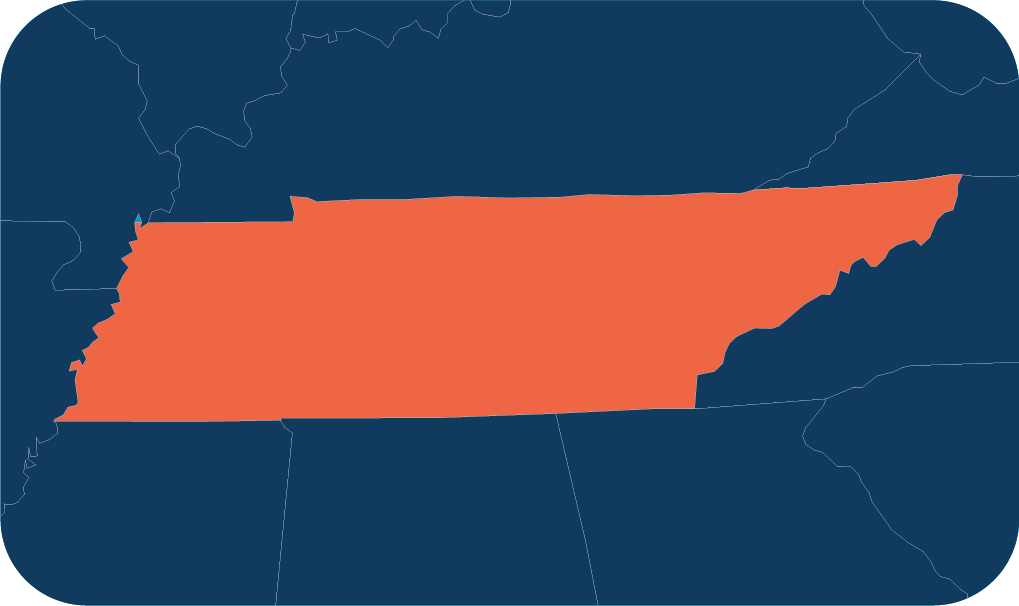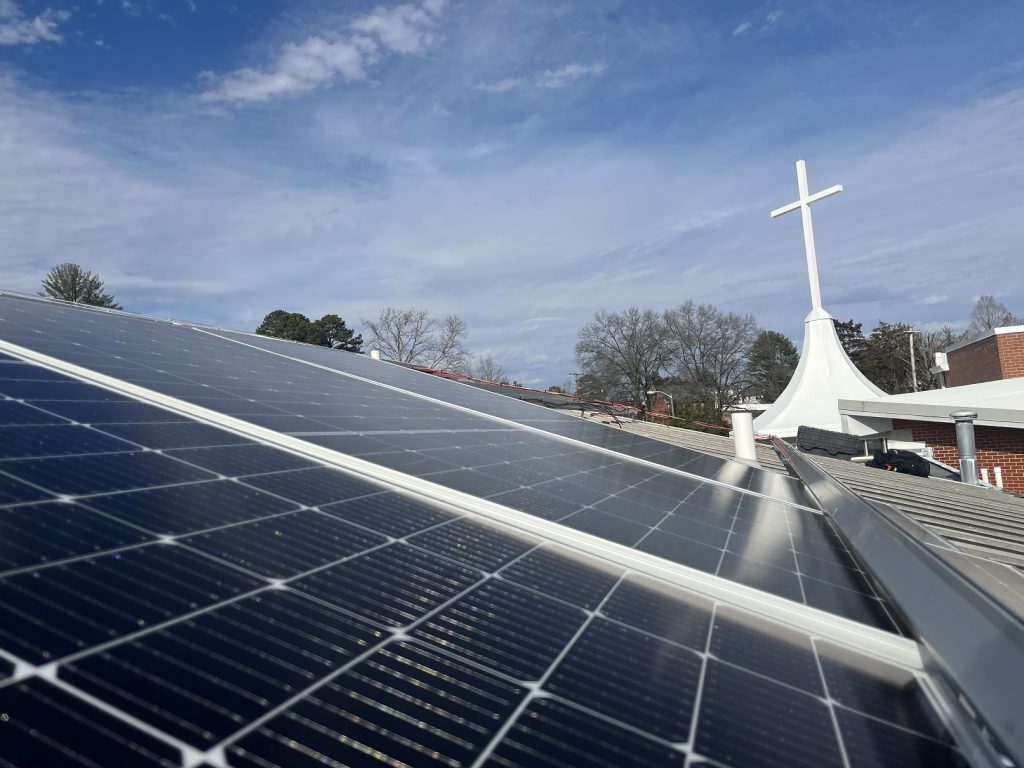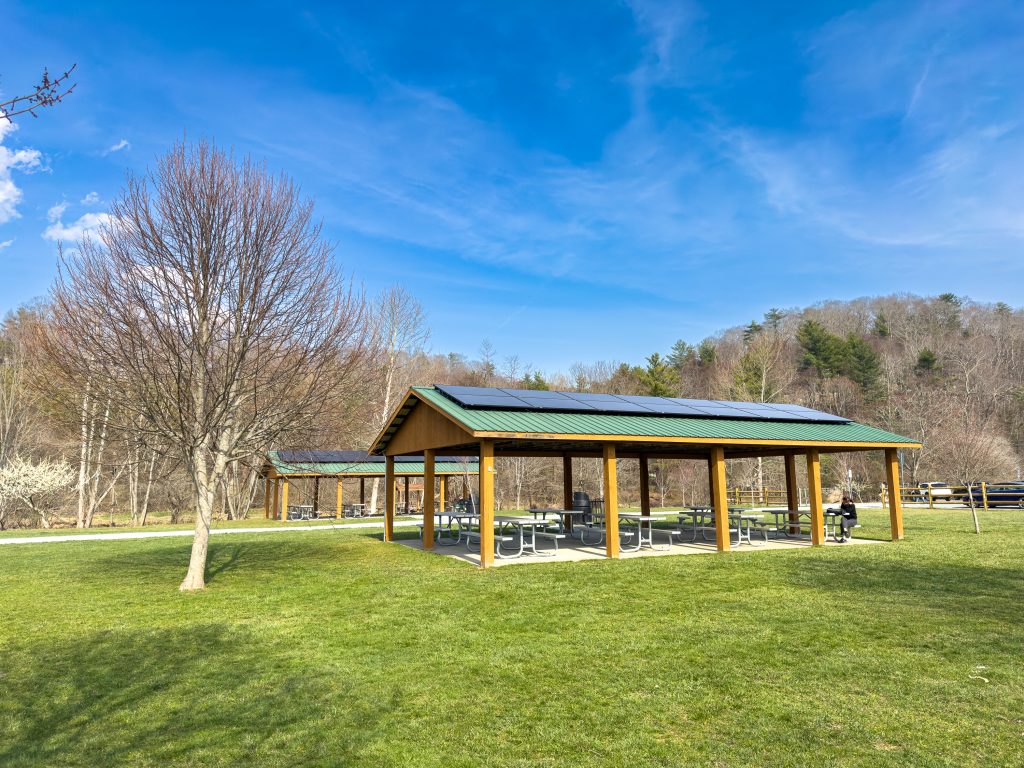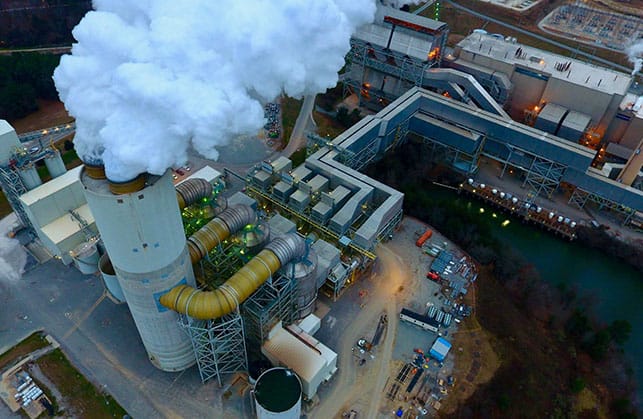Energy Democracy for All

Energy Democracy is local people having control of how their electricity is produced and distributed to ensure everyone has access to affordable and clean power.
Two decades into the 21st century, advances in solar panels, battery storage, modernized electric grids and other technologies are revolutionizing how our electricity can be produced and distributed. But large utility companies with monopoly control over the market — such as Duke Energy and Dominion Energy — are keeping us locked into using increasingly expensive polluting fuels like coal and fracked gas to generate our electricity.
At the same time, the increasing impacts of global climate change, including dangerous heat waves and severe storms, are taking a toll on countless communities, but especially disadvantaged communities and communities of color. And monopoly utility companies charge ever higher rates while they knowingly continue to worsen the climate crisis.
But a movement toward Energy Democracy is growing across Appalachia and throughout the country. Local individuals and groups are standing up to demand a seat at the table with decision makers to ensure we transition to a system that is affordable and fair, provides community wealth and jobs, and is built on clean, renewable energy.

Why Energy Democracy?
Learn how monopoly control and a focus on profit have locked us in a pattern of polluting fossil fuels and ever higher rates
State-Specific Info
Latest News
Commission ‘accepts’ Dominion’s long-term plan as ‘legally sufficient’ but will require improvements moving forward
Among other significant problems, Dominion’s plans failed to consider the requirement that the utility’s fossil fuel fleet must retire by 2045 under the law, a requirement that permits only narrow exceptions.
Part 2: Clean energy tax credits are powering change across Appalachia
Across Central and Southern Appalachia, the federal clean energy tax credits expanded by the Inflation Reduction Act are helping communities take action to support new jobs and save money with American-made energy.
Clean energy tax credits are powering change across Appalachia
Across the country, clean energy tax credits have opened doors for schools, nonprofits, churches, and small businesses to lower energy costs, invest in local jobs, and build more resilient communities.
SCC considers whether to accept Dominion’s long-term plan
On behalf of its client, Appalachian Voices, the Southern Environmental Law Center presented the testimony of three experts, ultimately recommending that the commission reject Dominion’s plan.
Clean energy tax credits: Why are they important for Appalachia?
On the surface, federal tax credits may seem overly complicated or unrelatable. However, understanding the intricacies of tax law isn’t necessary to witness the positive impact these incentives are making in the country.
North Carolina Utilities Commission holds public hearing to review Duke Energy’s plans for second new gas plant in northern Person County
FOR IMMEDIATE RELEASEApril 17, 2025 CONTACTJuhi Modi, North…

